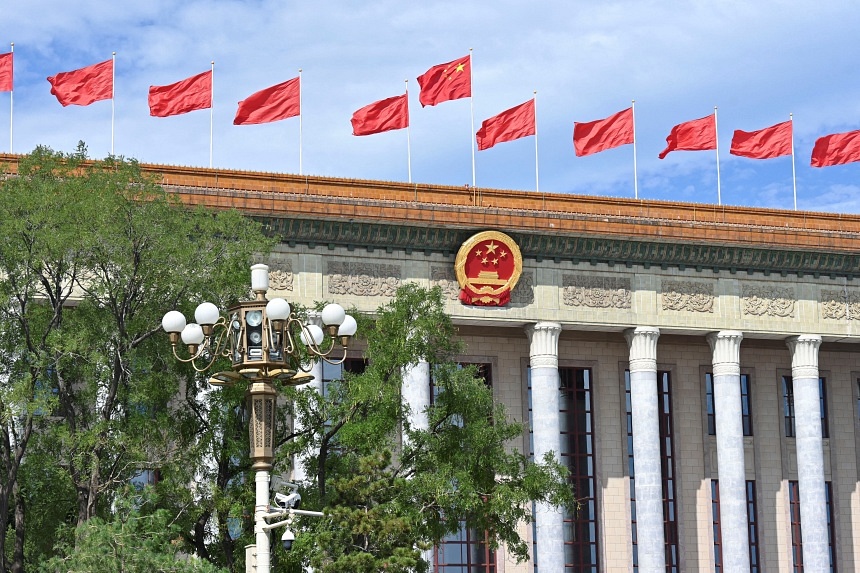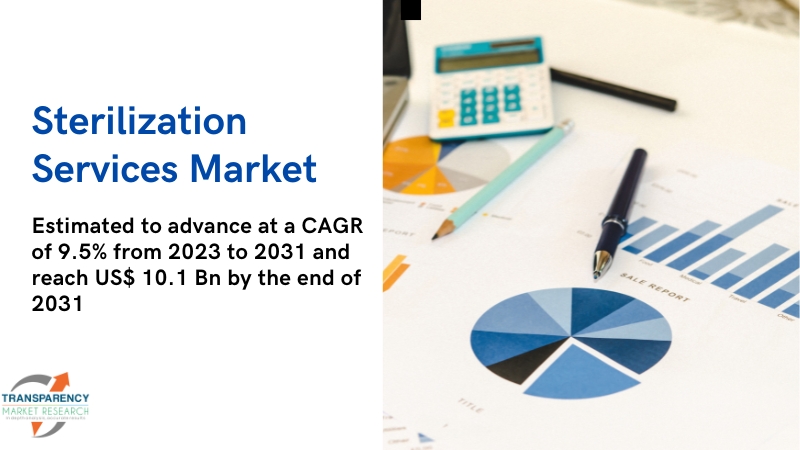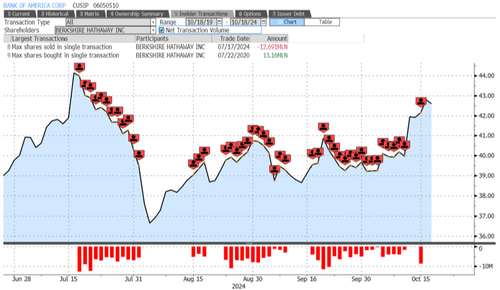
The barrage of stimulus measures marked a sea change in President Xi Jinping’s approach to managing the world’s second-largest economy. BEIJING – For months, President Xi Jinping appeared unfazed by slowing growth as stocks sank, prices fell and discontent grew around China. Last week showed he’s not willing to tolerate any more pain.
The People’s Bank of China began the charge to revive sentiment on Sept 24 in a rare televised press briefing beamed live around the world, opening its war chest to stock markets and making money cheaper to borrow. The next day it kept the positive news flowing by lowering the interest rate on its one-year loans to lenders by the most on record, while the government issued rare cash handouts and floated new subsidies for some jobless graduates. The 24-man Politburo led by Xi followed that on Sept 26 with more pro-growth goodies, vowing to boost fiscal spending and making its first pledge to stop property prices “declining.
” It also unveiled a new focus on boosting consumption, saying it was “necessary to respond to the concerns of the masses.” The efforts extended to Sept 27 when the head of the National Development and Reform Commission pledged “full support” to private Chinese firms to help them overcome difficulties, saying such companies and entrepreneurs are “one of our own”. The top leader’s policy pivot gave the nation’s troubled benchmark CSI 300 Index its biggest weekly gain in more than 15 years.
American billionaire David Tepper declared he was buying more of “everything” China after the sweeping stimulus. The barrage of stimulus measures marked a sea change in Xi’s approach to managing the world’s second-largest economy - also Singapore’s single largest export market - after proudly resisting big stimulus for so long. The Chinese leader has in recent years put national security and reducing financial risks firmly in the front-seat, displaying a willingness to sacrifice some growth to make the economy more independent of an increasingly hostile United States.
“This week showed it’s incorrect to say that Xi does not care about the economy or is purely ideological about his political goals,” said Neil Thomas, fellow of Chinese politics at the Asia Society Policy Institute Center for China Analysis. “He needs a baseline level of growth to maintain social stability, build international power and achieve national rejuvenation.” The timing of Xi’s adrenaline shot was telling.
The US Federal Reserve had just slashed rates, easing pressure on the China’s renmibi. Meanwhile, Wall Street banks were cutting growth forecasts to below Beijing’s around 5 per cent annual target, and China’s upcoming national holiday gave disgruntled families a chance to share the gloom over reunion dinners. A growing chorus of prominent Chinese economists – including former central bank chief Yi Gang – issued veiled warnings in recent weeks that a shift to shore up demand was needed to stop China from drifting into a deflationary spiral.
Companies mired in fierce price wars are laying off workers, while college graduates are struggling to find work, sending last month’s youth unemployment rate to a record this year. “It’s clear China’s top policymakers are spooked,” said Adam Wolfe, an emerging-market economist at Absolute Strategy Research. “My best guess is they’ve been seeing signs the labour market is softening, and that’s prompted them into action.
” But while the multi-pronged policy package marked a shift for Xi, and got equity markets excited, it did little to address deep-seated problems plaguing the longer-term outlook. Investors waited with optimism for a housing rescue programme unveiled in May. But it proved anti-climactic and market euphoria quickly faded as progress has been slow due to the unattractive economics for city governments.
“To really get the demand side going, policymakers need to turn the housing market around,” said Louis Kuijs, chief Asia-Pacific economist at S&P Global Ratings. “On the consumption front, they should combine substantial short-term stimulus with structural measures to make people feel more comfortable economically.” That would likely require major fiscal firepower – something that could propel Xi into “bazooka” territory, if unleashed.
While the Politburo offered no specifics on expanded government spending, Reuters reported the Ministry of Finance is planning to issue US$284 billion (S$363.6 billion) worth of special sovereign bonds this year, with half devoted to boosting consumption. The Politburo meeting also called on local officials to “have the courage to take responsibility and dare to innovate.
” Such apparatchiks have been paralyzed by Xi’s command to reduce debts, after years of rampant borrowing to fund growth-boosting infrastructure projects, while an anti-corruption campaign has sent a chill through the bureaucracy. Although the policy blitz was encouraging, Xi vowed as recently as July to make “high-quality development” the economic priority, using a slogan that’s shorthand for relying on advanced manufacturing to generate growth. At best, the leadership is now acknowledging the property crash and its impact on consumption can’t be ignored, said Yuen Yuen Ang, a professor of Chinese political economy at Johns Hopkins University.
“They realize that they cannot only double-down on the glamorous new economy, while neglecting the baggage left by the old one,” she added. “If the old economy falters too quickly, it will inevitably hinder the rise of the new.” BLOOMBERG Join ST's Telegram channel and get the latest breaking news delivered to you.
Read 3 articles and stand to win rewards Spin the wheel now.














